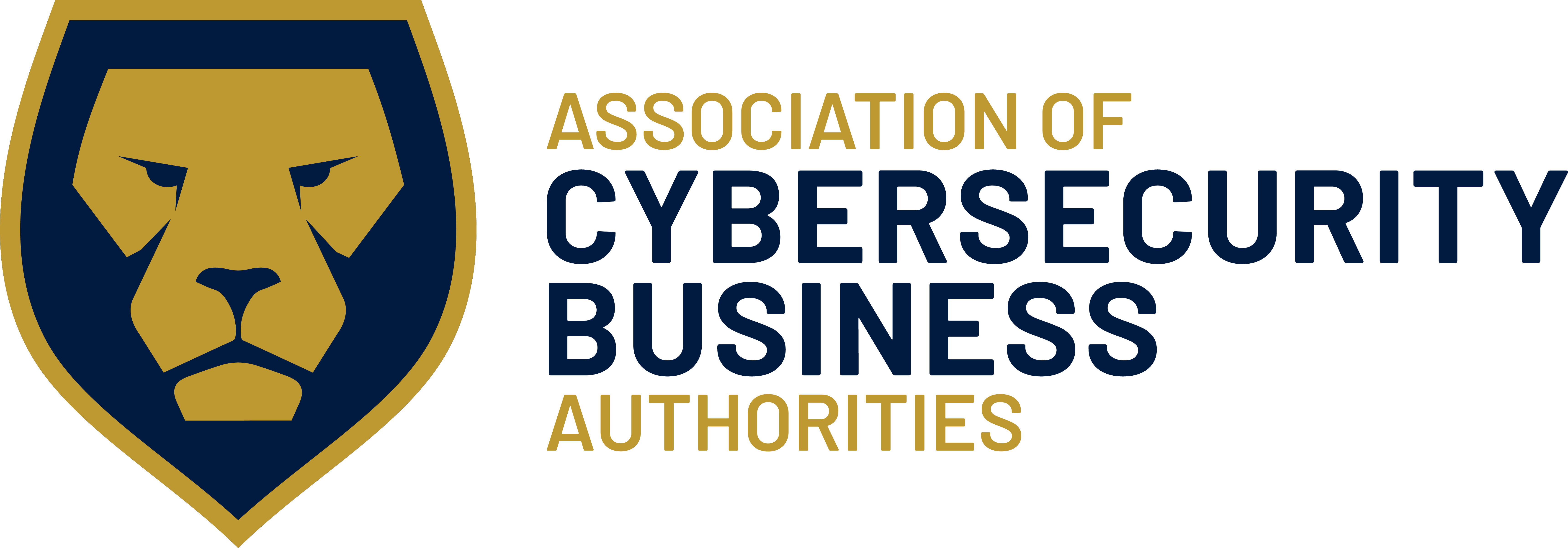Servers are essentially big, extremely powerful computers. The difference between your personal computer and a server is that servers fulfill a different purpose. Servers don’t have keyboards or screens, and they aren’t used like an everyday personal computer. A server houses data that can then be “served” to those who have access. For example, every website is hosted on a server. That server then “serves” information to any device that tries to access that site.
So the Sterling Ideas website that you are reading this blog on right now is hosted on a server that stores all of the data associated with our website. Your computer is interacting with that server so that you can have access to our site. That’s how computers and servers are different: computers are designed to interact with and communicate with humans, but servers are designed to interact with other computers.
It might be helpful to think about it this way. (If you’ve ever ordered from a food delivery app, you’ll understand this analogy well.) You open an app like DoorDash on your phone, and from that app, you can order food from hundreds of restaurants, all from the same interface. However, those hundreds of restaurants are spread all over the city, housed in different buildings, and someone has to actually travel and get that food and bring it to you. But the wonder of DoorDash is that you never leave home! It’s kind of the same with a server. You want to access a website, so from your personal phone or computer, you search for the site. That website is not hosted on your phone—it’s hosted on a server. But your phone communicates with that server, which then brings the website to your phone. Just like a restaurant houses the food you order from DoorDash, a server houses the website you access from your phone.
Your computer communicates with servers via the URL you type in the search bar of a search engine. To get to our website, you searched https://www.sterlingideas.com. In the simplest of terms, this URL communicates with the server that hosts our website to give you access, whether you’re on your computer, your phone, your iPad, or almost anything with an Internet connection.
Historically, servers were always a piece of hardware that would be physically stored somewhere. Physical—or local—servers are managed by whomever owns them, and they need to be protected from physical damage in order to preserve their data and functionality. Then, with advancements of technology, cloud computing became a viable and dependable option for replacing physical servers. Next week, Todd will talk more about the cloud and how it works. See you then!





